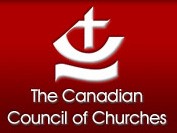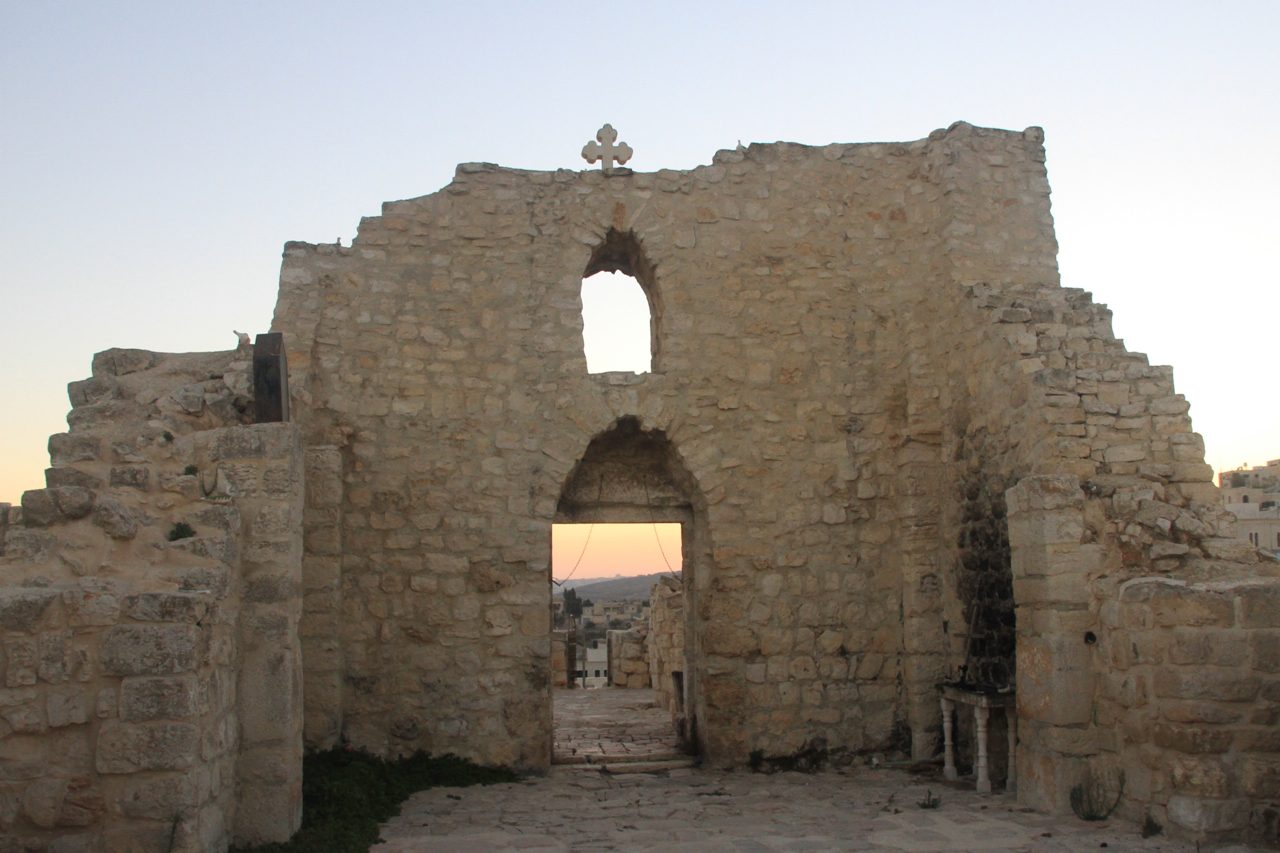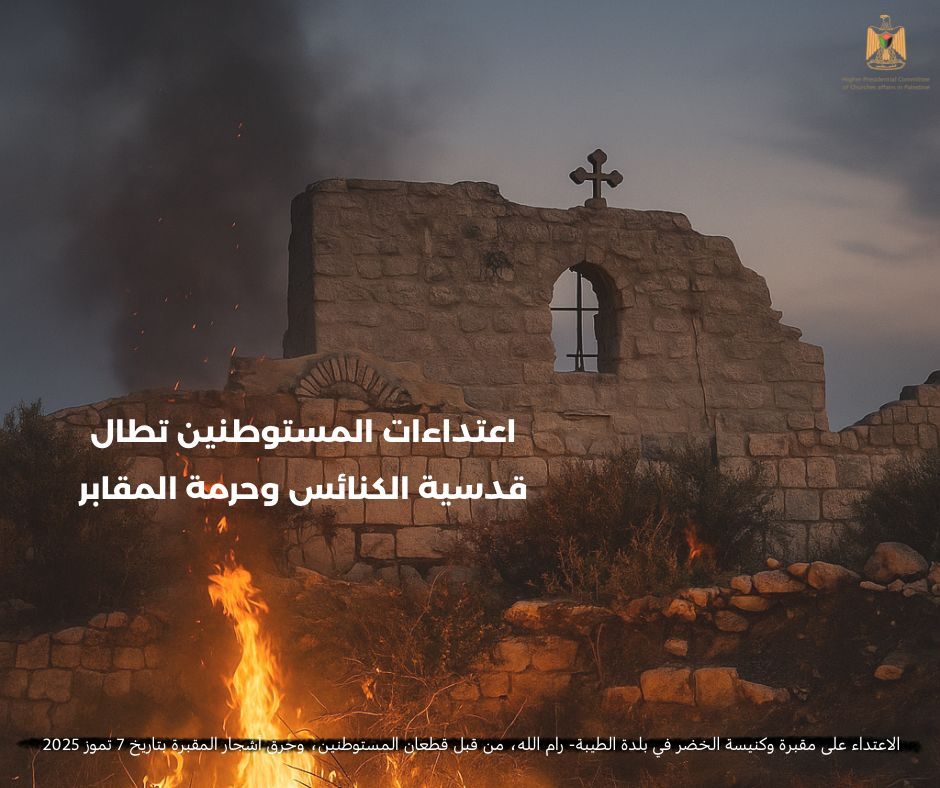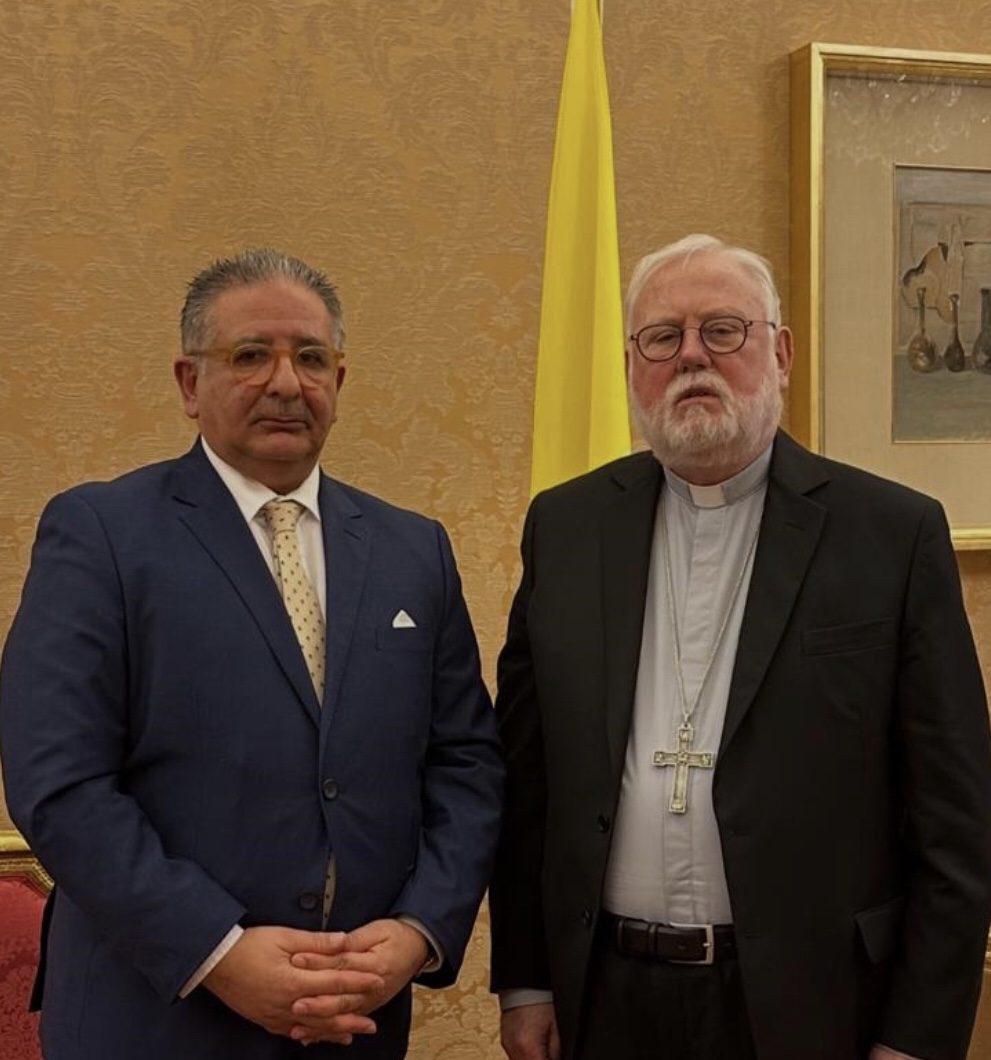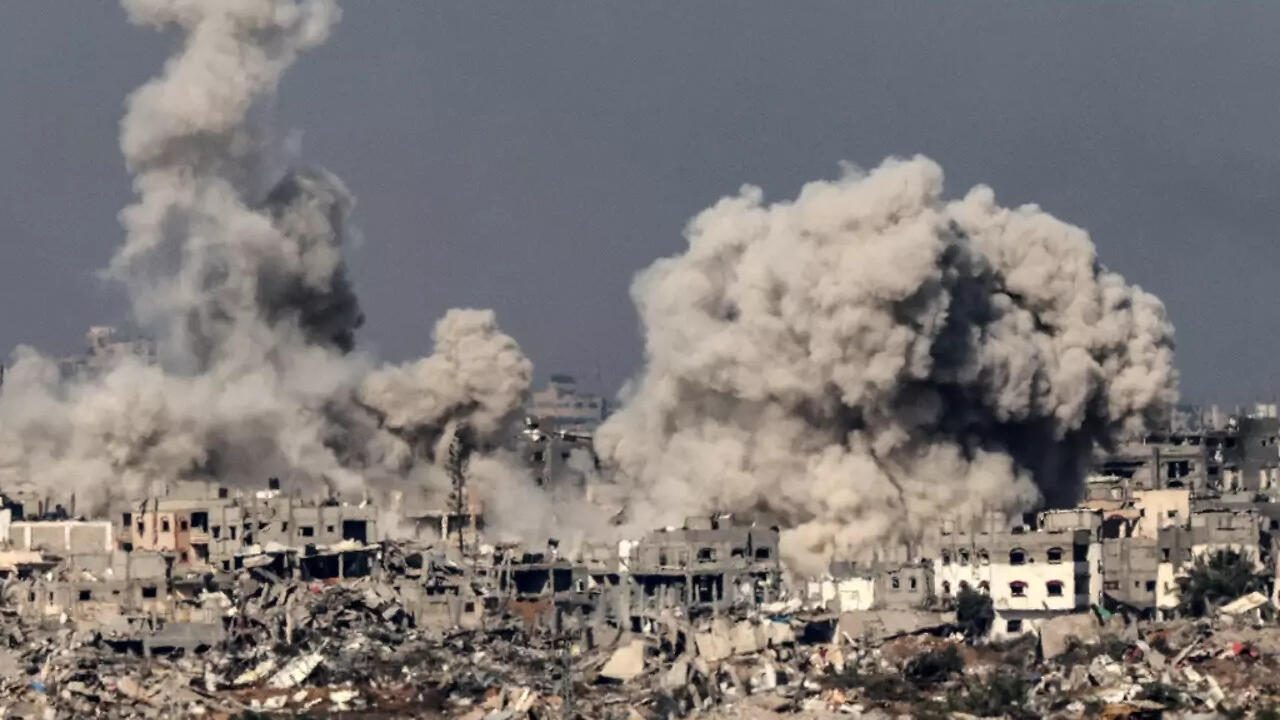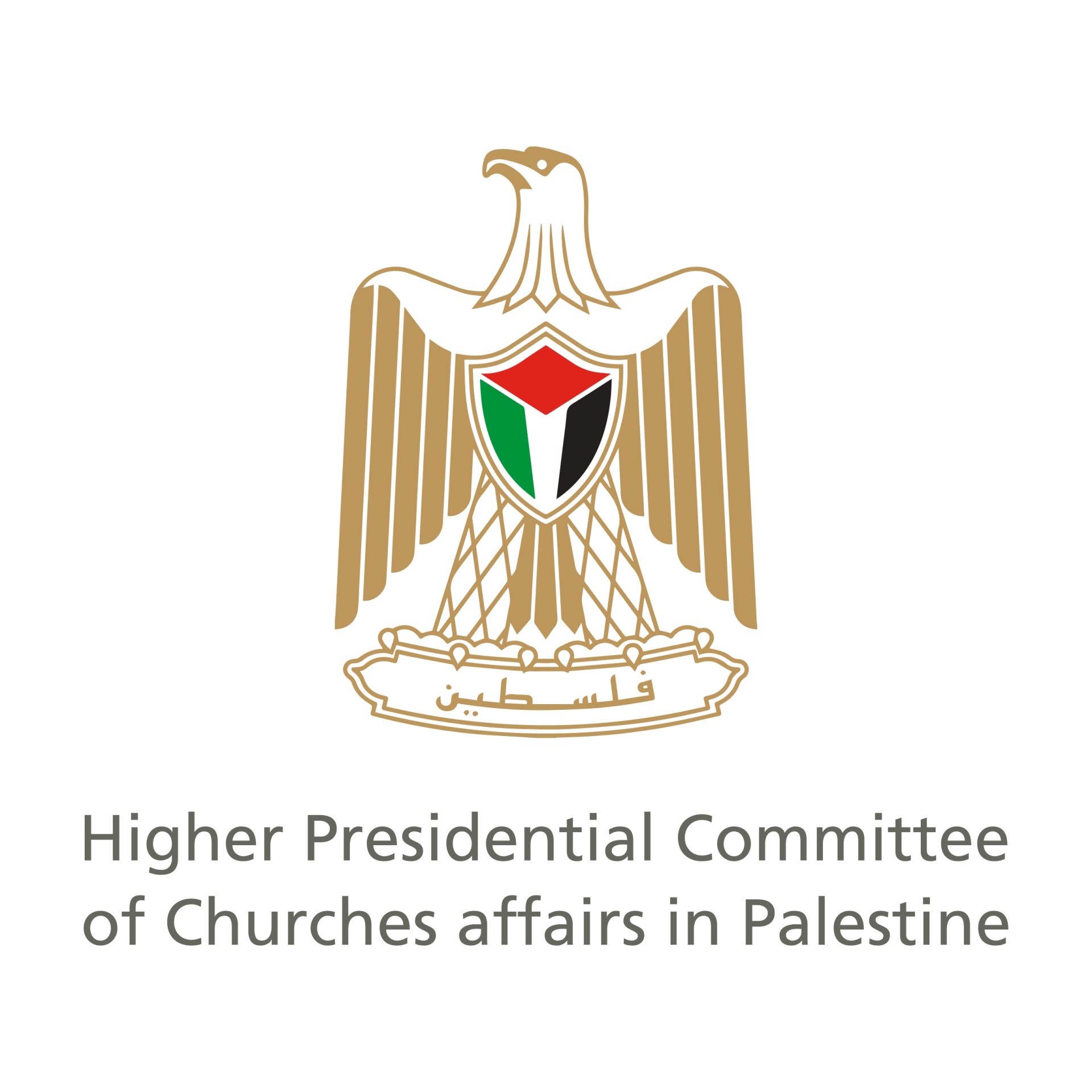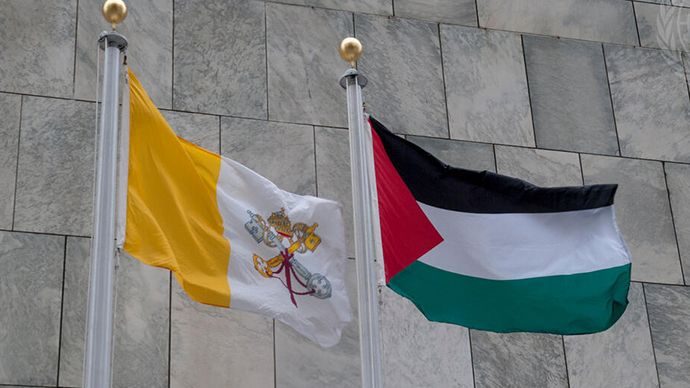Military efforts alone can not bring peace in the Near East; requires an international strategy more generally. This was stated by the Canadian Council of Churches (Cce) in a joint letter addressed to Prime Minister Stephen Harper, having as object the Canadian military mission in Iraq and Syria. In the document – signed among others by the Archbishop of Gatineau, Paul-André Durocher, president of the Bishops Conference – expressed concern about the humanitarian crisis that is gripping the two countries, for the forced relocation and the extermination of ancient Christian communities and also to attacks against other religious minorities.

Expressing appreciation for the participation of all members of Parliament to the ongoing debate on Canada’s role in Iraq and Syria, representatives of Cce have encouraged the Government to support and defend the diplomatic efforts, as well as humanitarian aid and assistance to refugees. In addition, religious leaders invited to give support to civil society organizations and initiatives for arms control in the region as well as those for the respect of human rights. “Since the summer of 2014 – is written in the letter – we consulted widely churches and our agencies in the Middle East to listen to their concerns and get advice on how we, Churches Canadians and Canada as a nation, we can contribute in the most constructive to build peace in Iraq, in Syria and in the region. “ Hence the reflection on the consequences of extending the military mission of Canada in Syria. “Our point of view,” he observes, “is inspired by deep convictions on the sanctity of life and the dignity of every person, the importance of protecting vulnerable populations from atrocities.” However, the experience of past military interventions in the area now suggests caution: “Our partners in the region express gratitude for the help and protection brought by recent military missions in northern Iraq.” But along with the gratitude there is the awareness that such intervention “has had a major impact and resulted in tragic consequences.”

